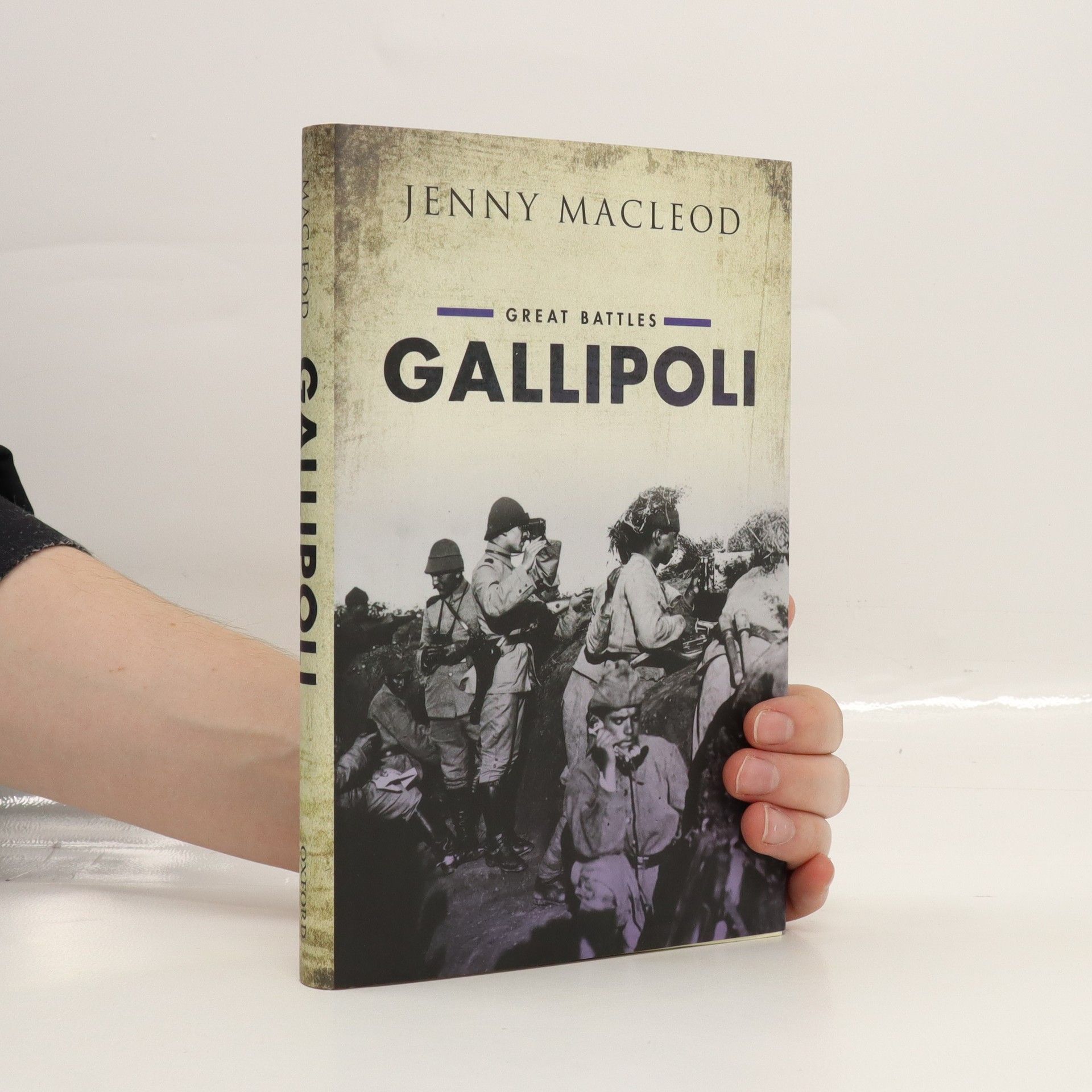Gallipoli
- 256pages
- 9 heures de lecture
The British-led Mediterranean Expeditionary Force that attacked the Ottoman Empire at Gallipoli in 1915 was a multi-national affair, including Australian, New Zealand, Irish, French, and Indian soldiers. Ultimately a failure, the campaign ended with the withdrawal of the Allied forces after less than nine months and the unexpected victory of the Ottoman armies and their German allies. In Britain, the campaign led to the removal of Churchill from his post as First Lord of the Admiralty and the abandonment of the plan to attack Germany via its 'soft underbelly' in the East
